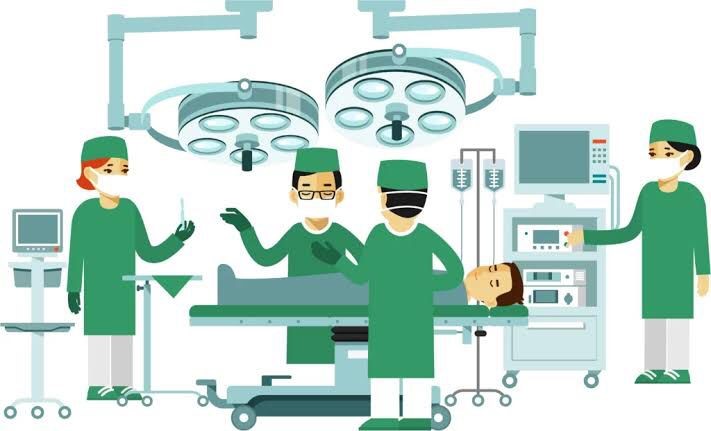
B.Sc. Anaesthesia and Operation theater Technology course provides a specialized and indispensable pathway within the healthcare field. Anaesthesia technologists, also known as anaesthesia technicians or anaesthesia technologists, are integral to the safe and effective administration of anesthesia during medical procedures. Here's an overview of the scope of a B.Sc. Anaesthesia and Operation theater Technology course
- Vital Role in Healthcare Anaesthesia technologists are essential members of surgical teams, responsible for preparing and maintaining anesthesia equipment, ensuring patient safety, and assisting anesthesiologists during procedures.
- Diverse Work Settings Graduates can find employment in a variety of healthcare settings, including hospitals, surgical centers, emergency departments, and obstetric units. They may also work in research institutions and as educators. The demand for anaesthesia technologists is rising due to the growing number of surgical procedures, including complex surgeries. They play a pivotal role in ensuring that patients receive the appropriate anesthesia and are closely monitored throughout their procedures.
- Patient Safety: Anaesthesia technologists contribute significantly to patient safety by maintaining and troubleshooting anesthesia equipment, monitoring vital signs during surgery, and assisting in emergency situations.
- Competitive SalariesAnaesthesia technologists typically receive competitive salaries, and experienced professionals often have opportunities for salary growth and specialization, such as in pediatric or cardiac anesthesia.
- Technological AdvancementsWith advances in anesthesia technology, anaesthesia technologists must stay updated with the latest equipment and techniques, making it a dynamic and evolving field.
- Interdisciplinary Collaboration They work closely with anesthesiologists, surgeons, nurses, and other healthcare providers, ensuring that anesthesia is administered safely and effectively during surgical procedures

 9606080651/653/654
9606080651/653/654